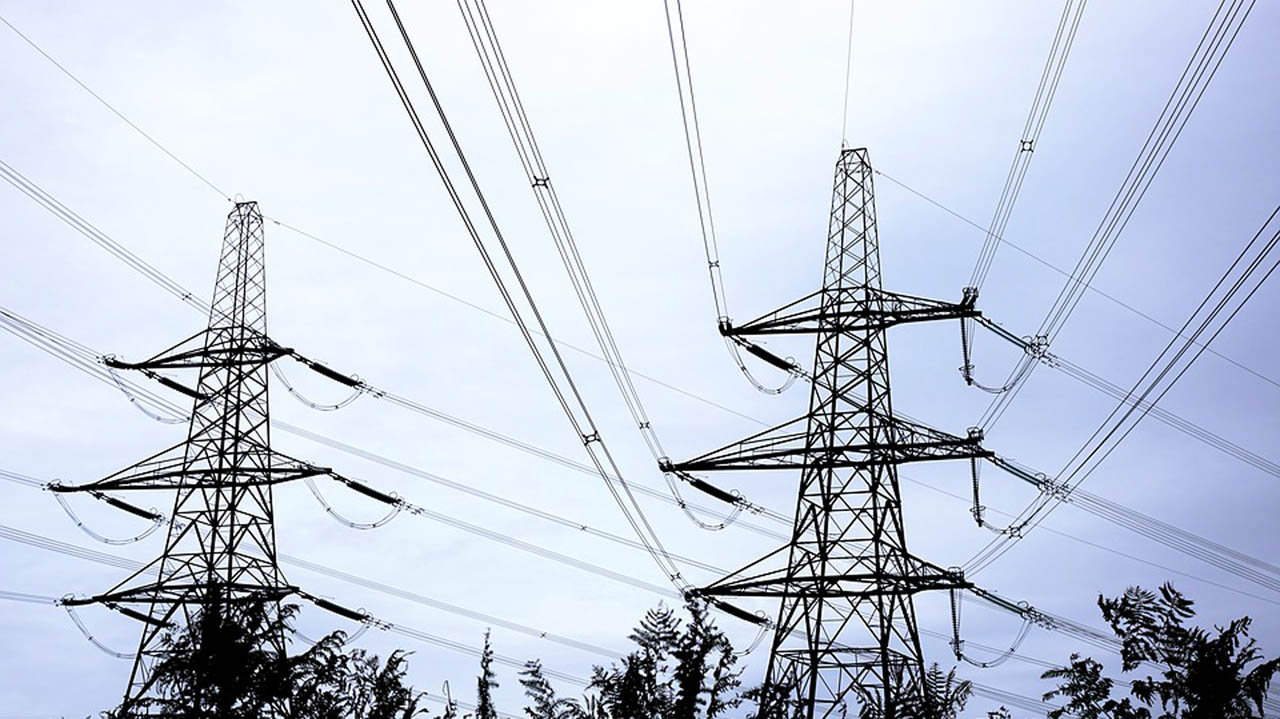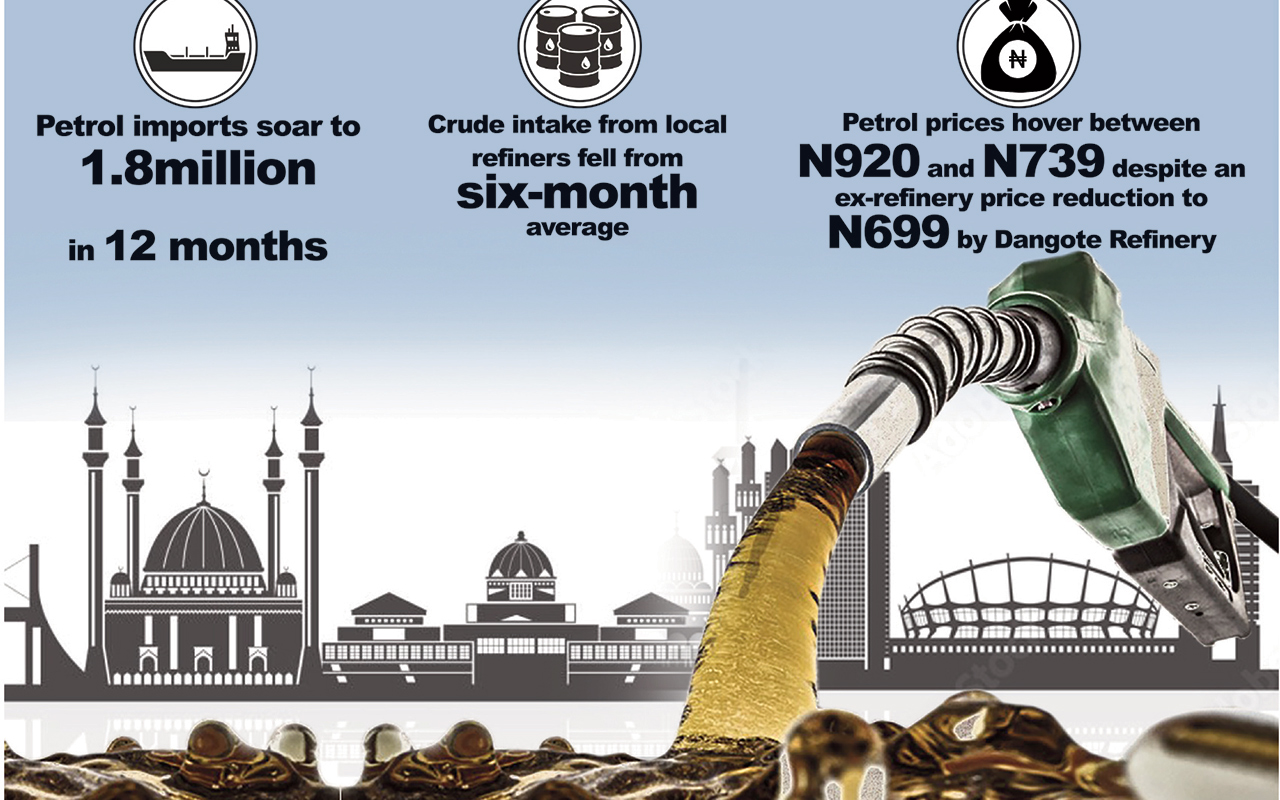
Market risks arising from the transition of the Nigerian Electricity Supply Industry (NESI) towards a bilateral market may further compound electricity challenges in Nigeria unless concerted efforts are taken.
Generation companies (GenCos) operating in the country expressed concerns yesterday that the exit of the Nigerian Bulk Electricity Trading Company (NBET) has removed the Federal Government as the risk bearer in the sector. They warned that unless the Nigerian Electricity Regulatory Commission (NERC) and the Minister of Power address the issues at hand, the industry faces imminent collapse, especially as operators are currently owed about 71.28 per cent of their invoices monthly.
The GenCos highlighted that while Nigeria is targeting an increase in power generation to 6,000MW, the new bilateral order fails to account for this expansion.
They argue that increasing generation to 6,000MW would inevitably lead to a tariff shortfall, which was not factored into this year’s tariff calculations.
There is also growing fear that funding for expansion and sustainability could be elusive, given the financial constraints of the power sector recovery programme.
The industry is particularly worried that the 2024 budget, supplementary budget, and other appropriation documents do not account for the tariff shortfall, which they estimated to be over N2 trillion.
The GenCos called for an honest technical and commercial assessment of NESI, stressing that it is necessary to design viable solutions to the sector’s challenges.
They lamented the abysmal payment structure and liquidity crisis, which has hindered their ability to meet obligations and commitments. The absence of timely payments, they say, resulted in a significant loss of value due to long-standing debts.
Other key concerns raised by the GenCos were that they face a serious threat to their viability, as the current payment structure and the absence of a Power Sector Recovery Plan (PSRP) leave them vulnerable.
There is also worry over uncertainty regarding how the over N1 trillion in outstanding debts and the projected N2 trillion tariff shortfalls for 2024 would be addressed.
They insisted that there is a misalignment in the NESI, with NERC’s order focusing on limiting Federal Government risk to 1,357MW, while the PSRP is based on 4,500MW, and the Minister of Power has projected 6,000MW by December 2024.
The operators decried frequency deviations beyond tolerable limits, stating that it was damaging equipment and escalating maintenance costs, which are not accounted for in the sector’s planning.
They noted that the thermal GenCos are incurring significant debts due to take-or-pay fuel supply agreements and escalating costs under their Gas Transportation Agreements (GTAs).
The operators noted that there is an increasing gap between installed and available capacities in the generation, transmission, and distribution sectors.
They call for a clear financial plan to settle debts owed to them, including outstanding interest charges and capacity payments, and to prevent the accumulation of new debts.
They insisted on enforceable payment security measures from DisCos for remittance obligations and from the Federal Government for payment shortfalls until DisCos achieve 100 per cent remittance.
The operators advocated for a comprehensive approach to recognising, managing, and allocating risks to the parties best suited to bear them, as a means to stabilise the sector and achieve the 6,000MW target.
The GenCos demanded the alignment of industry agreements, particularly between gas and power sectors, and the enforcement of a contract-governed market with strict discipline.
They called for a minimum domestic gas supply obligation for power generation, with the Federal Government taking on the risk of gas payments to ensure adequate supply.
They also urged a renewed focus on closing the gap between installed and available capacities in transmission and distribution as a basis for performance evaluation and regulation.
According to them, all players in the power sector value chain be treated fairly, with penalties for defaulters.
The GenCos suggested restructuring power offtake arrangements to better align their Power Purchase Agreements (PPA) with DisCos’ Vesting Contracts (VC).
They emphasised the need for the security of power assets and access to foreign exchange for maintenance, suggesting that the Central Bank of Nigeria (CBN) provide a dedicated forex window for the power sector, similar to what exists for other sectors.






